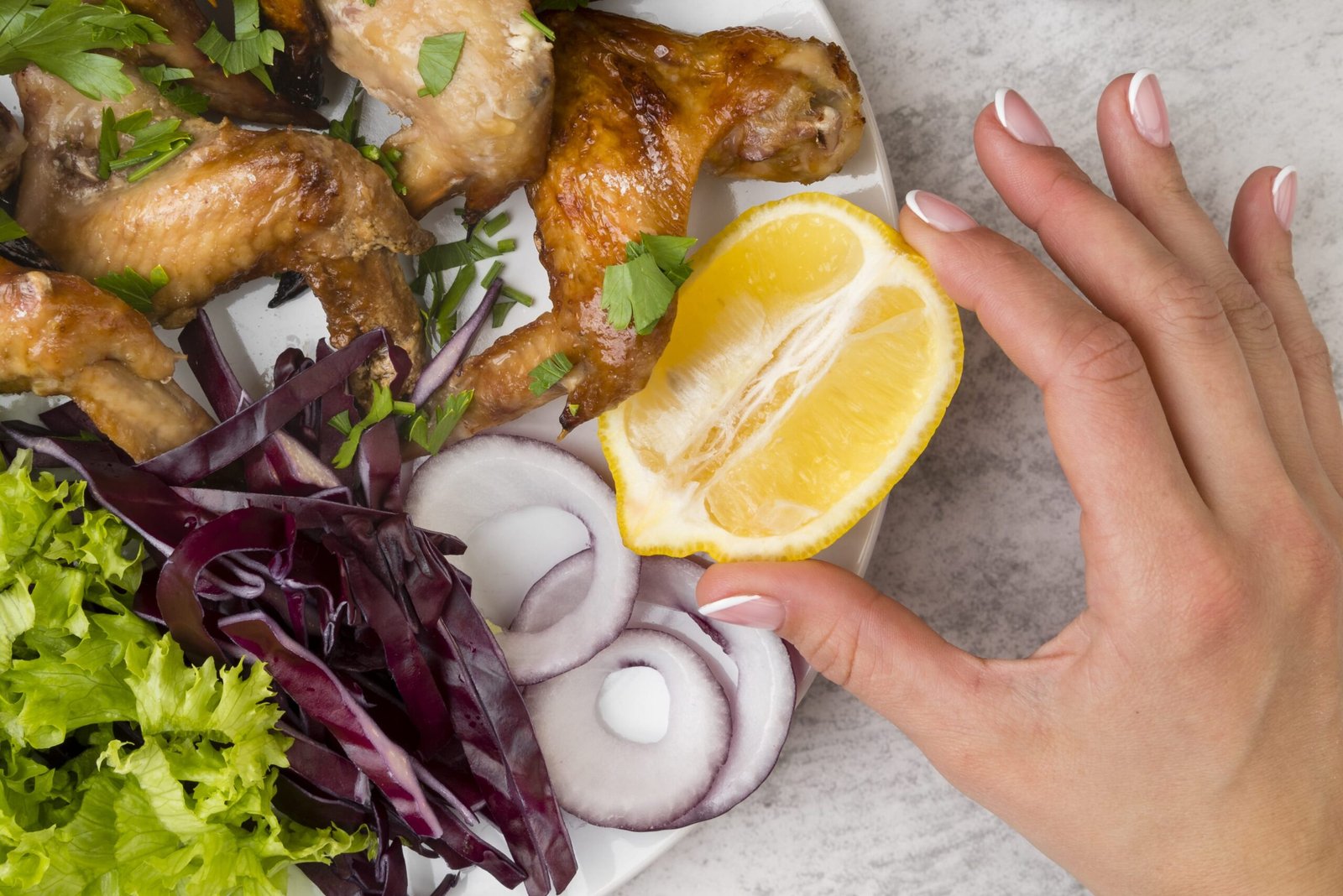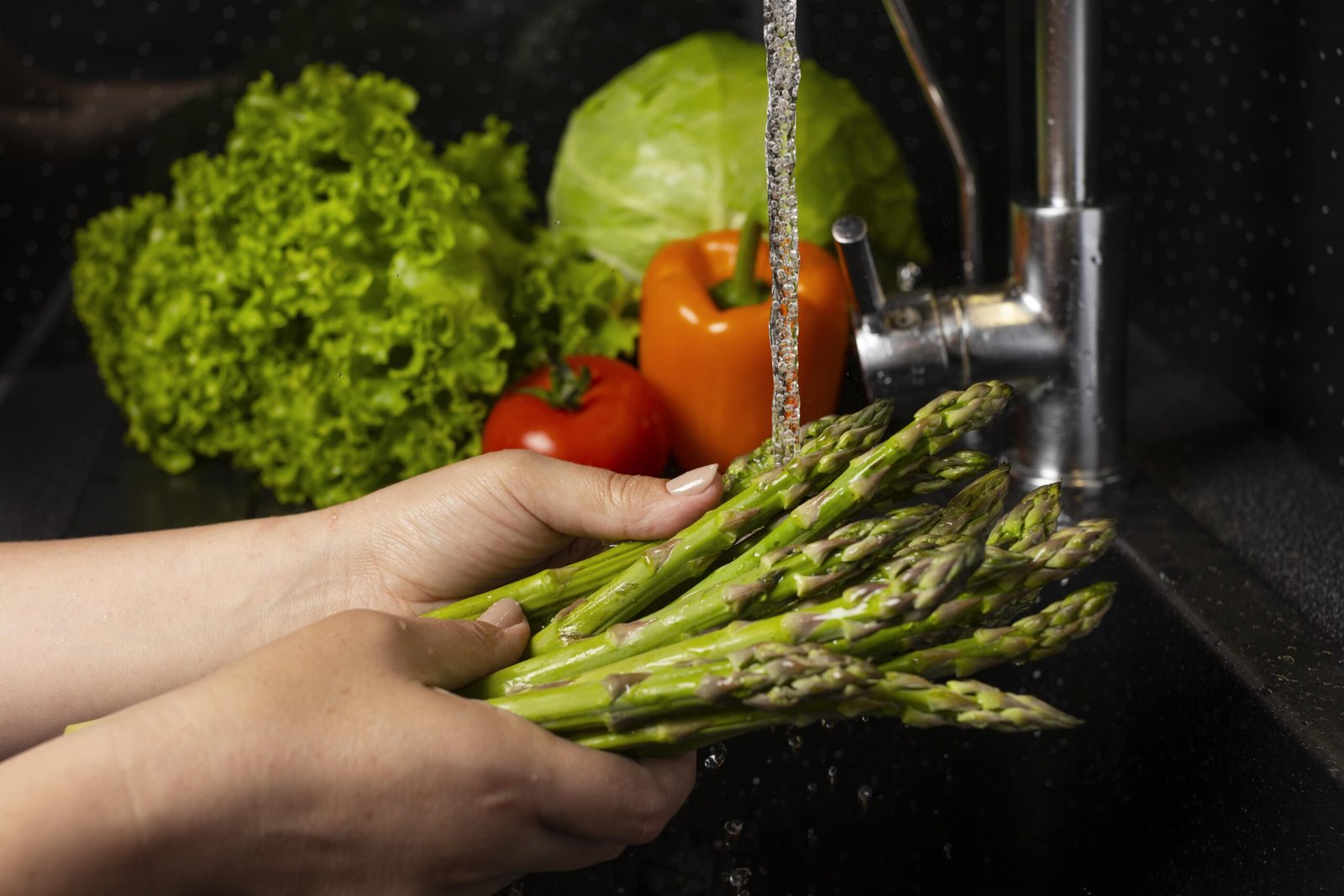Prevent Food Contamination with Expert Tips to Safeguard Your Summer Feasts!

The summer heat can easily spoil your food, but there are effective strategies you can employ at home to keep your food as fresh as possible. We’ve all experienced the disappointment of discovering that the remainder of our lunch, left out of the refrigerator, has gone bad. This is a common issue, especially during the summer months when the risk of food contamination increases significantly compared to the winter season.
Why Does Food Spoil More Easily in Summer?
The hot and humid weather of summer creates an ideal environment for germs and bacteria to thrive. These microorganisms proliferate quickly, leading to the rapid contamination of food, which makes it unsafe and potentially riddled with diseases. Foodborne illnesses can be severe, even fatal, so it’s crucial to take extra precautions to prevent food spoilage during the summer. Here are some easy yet effective ways to keep your food safe in hot weather.
How to Prevent Food Contamination and Keep Food Safe in Summer
1. Maintain Hygiene:
Maintaining hygiene is not just about keeping your food clean but also about ensuring personal hygiene. Always wash your hands thoroughly before cooking or handling food. Microorganisms from your hands, mouth, kitchen cloths, and utensils can transfer to food with even the slightest contact. Therefore, it’s essential to keep yourself, your kitchen, and your food preparation areas clean. Regularly sanitize surfaces, and don’t forget to clean kitchen tools and cloths after each use.
2. Separate Raw and Cooked Food:
To prevent cross-contamination, it’s vital to keep raw food, such as poultry, meats, and cold cuts, separate from cooked meals. Use different cutting boards and utensils for raw and cooked foods, and store them in separate containers. This practice helps prevent the spread of bacteria from raw food to ready-to-eat food.
3. Proper Cooking:
Proper cooking is crucial in ensuring food safety. Make sure that all food, especially meat, poultry, and seafood, is cooked thoroughly to kill harmful bacteria and microorganisms. Use a food thermometer to check that the internal temperature of your cooked food reaches the safe minimum cooking temperature recommended for different types of food.
4. Clean Water:
Always wash your fruits and vegetables with clean water before consumption. This step helps remove chemicals, dirt, and microorganisms from their surfaces. Select raw materials carefully, and wash and peel them to reduce the risk of contamination.
5. Dry Refrigerator:
Avoid overstocking your refrigerator, as this can affect its cooling efficiency. Keep the fridge trays dry and clean to prevent mold formation. Regularly check and clean your refrigerator to ensure it remains a safe storage space for your food.

6. Avoid Leaving Cooked Food Out:
In hot weather, it’s particularly important not to leave cooked food out in the open for too long. If food has been left out, always check its taste and smell before consumption to ensure it hasn’t spoiled. Bacteria can grow rapidly at room temperature, making food unsafe to eat.
7. Be Mindful When Dining Out:
When dining out, pay attention to the hygiene of the place. A clean kitchen and dining area are indicators of good food safety practices. Establishments that maintain high hygiene standards are less likely to have issues with foodborne illnesses, even when the temperature rises.
Additional Tips for Food Safety in Summer
– Use Insulated Bags:
When transporting food, especially perishable items, use insulated bags or coolers with ice packs to keep them at a safe temperature. This is particularly important if you’re picnicking or traveling long distances with food.
– Marinate Safely:
If you’re marinating meat, poultry, or seafood, always do so in the refrigerator, not on the kitchen counter. Bacteria can grow quickly in marinades left at room temperature.
– Quick Cooling:
After cooking, allow food to cool down quickly and then store it in the refrigerator. Avoid leaving food to cool down at room temperature for too long.
– Use Smaller Portions:
Store food in smaller portions to cool more quickly in the refrigerator. This practice helps prevent the growth of bacteria that can occur when large quantities of food take too long to cool down.
Conclusion
The summer season poses a higher risk for food contamination, but by following these simple and effective strategies, you can significantly reduce the chances of foodborne illnesses. Maintaining hygiene, separating raw and cooked food, ensuring proper cooking, using clean water, and keeping your refrigerator dry and not overstocked are key practices. Additionally, being cautious about how long food is left out and being mindful of dining environments can help keep your food safe. By taking these precautions, you can enjoy your meals without worry, even in the hottest months.
Also Read:

The Psychology of Love: Why Valentines Day Matters More Epic Than You Think
Discover the psychology of love and why Valentines Day is more important than you think. Learn how love impacts the brain, strengthens relationships, and boosts

Premier League Highlights: Arsenal Humiliate Man City 5-1, Spurs and Palace Secure Crucial Wins
Arsenal demolished Manchester City 5-1 in a statement premier league highlights win, reigniting their title hopes. Meanwhile, Crystal Palace stunned Man United 2-0, and Tottenham

How Budget 2025 Impacts the Indian Middle-Class: Major Tax Benefits and Glaring Omissions
Budget 2025 offers major tax relief to the middle class, including zero tax on incomes up to ₹12 lakh. However, it misses out on incentives

Degrees vs Employability: Why “Highly Qualified Degree Holders” Struggle to Find Jobs While “Less Qualified Individuals” Get Hired Faster!
Many highly qualified individuals struggle to secure jobs, while less qualified candidates get hired quickly. This Degrees vs Employability paradox is caused by employer preferences,

The Power of Mindset: Why Looking Poor Doesn’t Make You Poor, but Thinking Poor Does!
Discover why looking poor doesn’t define your wealth but thinking poor does. Learn the power of mindset and how a growth-oriented mindset can lead to

Overthinking: How It’s Damaging Today’s Youth – Causes and Cure in 2025
Understanding how overthinking is silently damaging today’s youth, from its causes rooted in societal pressure and social media to its long-term effects on mental health.
